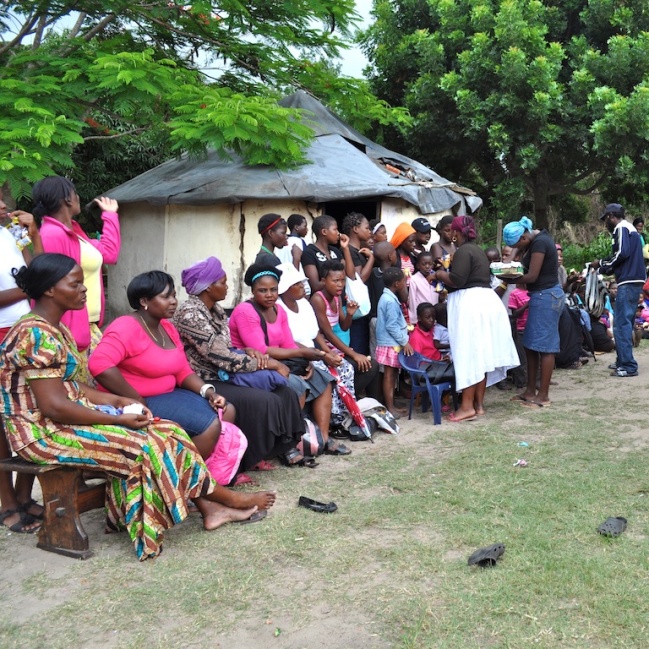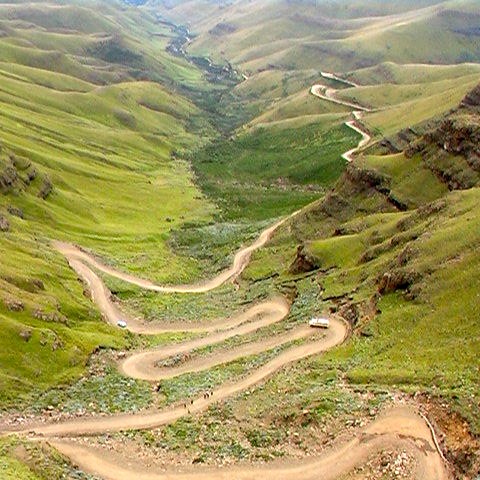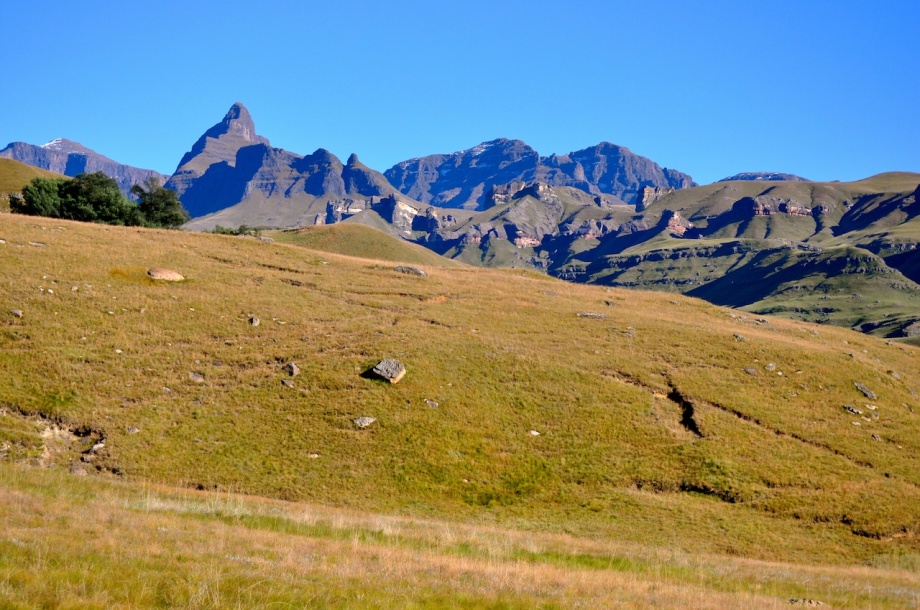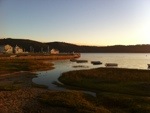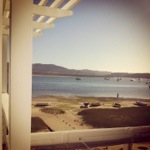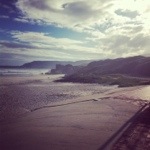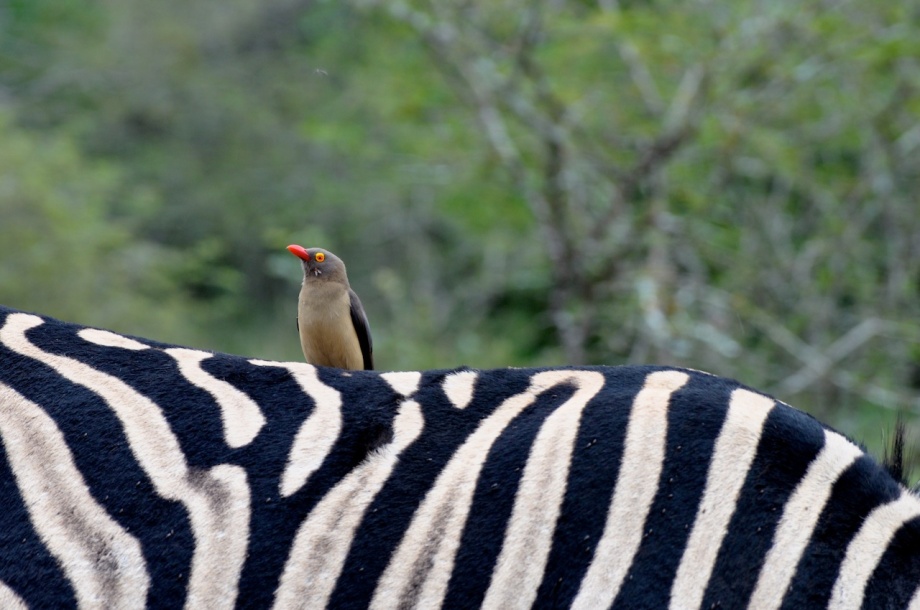Between us, Bean and Myself (and Bali, mitsles and co) have had many years experience working in the international development sector, running “real” volunteering opportunities for interested internationals, and also, working in the backpacking sector, when it was in the midst of its hey day in the 2000’s. We got to thinking the other day, how the sector has changed. Here are our five reasons why Ethical “real” volunteering beats backpacking in South Africa.
1. Affordability: If you wanted to volunteer in South Africa with MozVolunteers for one month, the costs would be far less than if you backpacked around, say with the Baz Bus, or personal hire car. Volunteering also provides opportunities to travel, in free time, around our province, to Mozambique, Lesotho, Swaziland and further. Backpacking is expensive, you have to factor in travel, accommodation, meals and extra activities. With us, these are all included in your volunteer placement.
2. In-depth travel, and immersion: Many backpackers complain that they try and cover too large an area of the country in too little time, meaning that they spend most time on the road rather than actually making memories. When you volunteer with us, you get an in-depth experience of our area, and travel opportunities around to locations and destinations that are “off the beaten track”. This means, best of both worlds, and a real South African experience.
3. Safety: Hands down, volunteering with us is a far safer experience than backpacking around. We offer reliable and safe accommodation, and provide in-house, expert advice, and support 24/7. When you are backpacking you can often end up in undesirable places, at the wrong time, and open yourself up to personal risk.
4. Community benefit: Volunteering with us provides an opportunity for the communities that you are visiting to benefit, as a large proportion of your fee goes to them, either directly or indirectly. You are also given the opportunity to share your skills with others. When backpacking, you are participating in the commercial sector only.
5. Cultural experience: When participating in a volunteer placement, you will spend large amounts of time immersed in a local community and exposed to local culture for a prolonged period of time, giving you a better understanding of the way of life, and hardships of local, previously disadvantaged people. Backpacking, on the other hand, you may book on a day tour to a cultural village, this is usually set up just for the benefit of the tourists.
